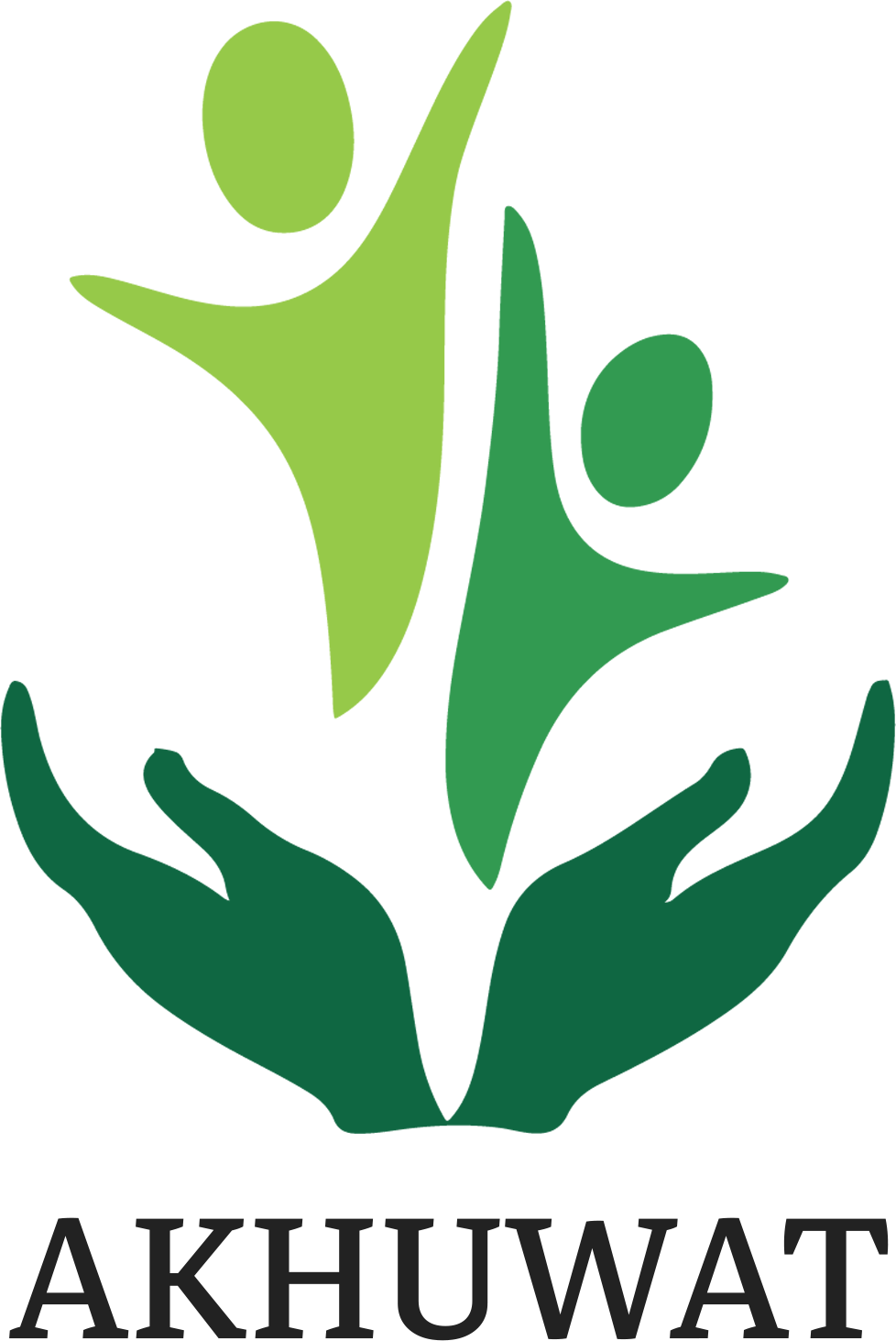Akhuwat: A role model for all micro-finance institutions
By d-sector Team
25 Jan 2010

Amidst reports of some micro-finance institutions of India preparing to bring out public issue of their shares, claiming attractive returns from the ‘lucrative’ business of distributing high interest rate loans to poor, an NGO in Pakistan has proved that if one wants to really help poor through micro-finance, it can be done without charging any interest at all. The success of Akhuwat, the NGO, is a lesson not only for greedy micro-financiers but also for the policy makers of the developing world, who defend exorbitant interest rates charged from poor by micro-finance units as minimum required costs to run a micro-finance programme.
Akhuwat has pioneered interest-free (qarz-e-hasna) micro-finance in Pakistan, by creating a low cost micro-finance paradigm with minimal operational costs. By successfully establishing a model on the assumption that client sustainability is as important as organizational sustainability, Akhuwat has become a guiding light for all other micro-finance ventures in the world. The organization’s mission is to alleviate poverty by empowering socially and economically marginalized segments of the society through interest-free micro-finance and in the process harnessing their entrepreneurial potential and enhancing their capacity through economic and social guidance. Impressed by the success of the organization, Malcolm Harper, former Chairman of Micro-Credit Ratings International, Ltd. commented, “Akhuwat is already doing for conventional microfinance what Professor Yunus did for conventional banking in late 1970’s”.
The concept of Akhuwat germinated with an interest-free loan of PKR 10,000 extended to a widow who wanted to earn a decent living with integrity. She bought a sewing machine with the borrowed money to start a small home-based boutique. Return of the entire amount within the agreed time-frame led to the creation of a pool of money for the poor, which in turn became the basis for recovering funds for indefinite recycling. This initiative led to the establishment of the first interest-free micro-finance organization in the country which soon gained credibility. Gradually people offered more donations to Akhuwat which in turn extended more loans to individuals on the basis of social collateral. This marked the beginning of a new chapter in micro-finance that looks beyond profitability and works exclusively for alleviating poverty from the society through development of a mutual support system.
Within a short span of time, Akhuwat has successfully opened 28 branches all over the Punjab province with over 15,000 active clients and over 50,000 total beneficiary families. In Lahore alone, 15 branches are operating to their full capacities. Its presence in over 18 cities of Pakistan speaks highly of its sustainable growth model and viable operations. Akhuwat has disbursed more than PKR 560 million over a period of eight years, with a phenomenal recovery rate of 99.8%, staying true to its mission of helping the under-privileged with interest-free loans (qarz-e-hasna).
Akhuwat has received appreciation from internationally acclaimed financial specialists as well. According to Leslie Barcus, President Microfinance Management Institute, Washington DC, USA, “Akhuwat commendably demonstrates the simultaneous achievement of community based participation, respect for cultural beliefs and practices and excellence in operational and financial performance.” Graham Perrett, consultant CGAP, has all praise for its creative approach to microfinance and Thomas Krink, an ILO consultant has termed it a highly competent institution with a most impressive design and operation.
Akhuwat offers diversified loan products to meet the needs of its clients. These include: Family Enterprise Loans, Liberation Loans, Education Loans, Marriage Loans, Emergency Loans, Silver Loans, Housing Loans etc. Akhuwat loans are interest-free and there is no service charge or loan processing fee. It only charges a nominal application and insurance fee. These fees are optional and in total less than 1.5% of the loan amount. Maximum loan limit that Akhuwat offers is PKR 30,000 but the average loan size is around PKR 13,000. Akhuwat’s expansion depends on continuing donations to finance growth in the loan portfolio. There is as yet no evidence that these donations will stop, although substantial effort has to be put into fund raising, there cannot be any reason why a programme which draws on brotherhood, generosity and goodwill should be any less ‘sustainable’ than one which depends on purely financial incentives.
The loan products offered by Akhuwat are based on the economic needs of the community. The Family Enterprise Loan is for households that can or have come up with a solid, viable business plan (average Rs.15,000) and forms more than 90 percent of what Akhuwat gives out. The whole family is a signatory and involved in the appraisal and lending process.
A Liberation Loan is given to those who have borrowed money from moneylenders at very high interest rates. Akhuwat pays the principle amount in one go and the client pays the amount (up to Rs. 40,000) back to Akhuwat in interest free installments. The Education loan is for poor students to pay for books and material (up to Rs. 25,000).
The Marriage Loan is given to poor families in order for them to afford wedding expenses (up to Rs. 25,000) for their daughters (males are not eligible). An Emergency Loan of Rs. 5000 from Akhuwat may be used to pay for unexpected medical expenses or other major fallbacks.
Akhuwat started the housing loan in collaboration Al-Noor Umar Welfare Trust which pays for home renovation and construction expenses for the very poor and varies between Rs. 25,000 to 70,000. Then there is the Silver Loan of up to Rs. 50,000 which clients with excellent credit history with Akhuwat can use to expand their current enterprise.
Akhuwat’s lending is restricted by the amount of funds it can raise from donors and usually first-time borrowers cannot borrow more than Rs. 10,000. The organization seeks to relieve poverty and to help people to better themselves, rather than to grow for the sake of growth, or to create permanent dependence.
The organization also offers what it calls a credit plus approach: social guidance and technical training for its credit beneficiaries. The purpose of this is to help borrowers further improve and develop their small enterprises and provide sustainable economic development to the community as well as stay abreast of latest knowledge, market research, etc. Clients are also provided technical training and “internships” with borrowers who are already running a successful enterprise. Legal aid is also sometimes provided by volunteer law students.
Staying culturally sensitive and relevant, soon after its inception, Akhuwat began giving out household or family loans to husbands and wives: income jointly shared by the whole family, co-signed by the male and female heads of the family. This was done based on the results of some studies which showed that separate loans to male and female in a family may result in tension for the family.
All Akhuwat transactions take place at the local mosque or church where loans are processed, distributed and collected. However, it is not a religious organization. Having a mosque or church as the disbursement centre provides an avenue for transparency, community participation and awareness and also creates a sense of good-will amongst people. Most importantly, this cuts organizational costs and creates a sense of accountability.
Akhuwat’s policy is not to accept donations from financial institutions or organizations (which may come with “strings attached”) so that it remains accountable to stakeholders alone: the local community, borrowers, individual donors, its volunteers and staff.
Akhuwat has a well-placed organizational structure under a Board of Directors, consisting of philanthropists, civil servants and businessmen. The main responsibility of the internal governance rests with the board which operates through the Executive Director. The organization is further strengthened by a team of dedicated professionals motivated by the spirit of volunteerism and brotherhood.
Akhuwat recruits staff from the same communities as their borrowers. By not hiring unnecessarily highly qualified professionals, the organization reduces its costs and ensures that staff turnover is much lower than in other microfinance institutions.
Akhuwat was founded by Dr Muhammad Amjad Saqib, a trained medical doctor and ex- Civil Servant of Pakistan, who left his job to serve the poor. Akhuwat envisions a poverty free society built on the principles of compassion, brotherhood and equity and its main objectives are:
- To provide interest free microfinance services to poor families enabling them to become self-reliant
- To promote interest-free loans (qarz-e-hasana) as a viable model and a broad-based solution for poverty alleviation
- To provide social guidance, capacity building and entrepreneurial training
- To institutionalize the spirit of brotherhood, compassion, and volunteerism
- To transform Akhuwat borrowers into donors
- To make Akhuwat a sustainable, growth-oriented and replicable organization

